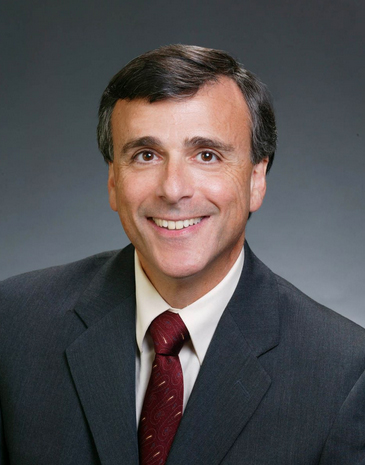
Allen Doederlein
President, Depression and Bipolar Support Alliance (DBSA)
On this Thursday, February 26, I’m excited to participate as a panel member in a mental health policy briefing, Fixing America’s Mental Healthcare System, in Washington, DC, hosted by The Hill. At this important event, we’ll discuss how our nation’s broken system impacts those with a mental health condition, their families, workplaces, and broader communities. We’ll also discuss potential solutions to this crisis. I will be sharing my views as both a patient as well as a representative of all of our DBSA members and families.
Attend the event
For those in DC, register to attend the event! If you can’t be there in person, watch the livestream starting at 8:30 AM EST on Thursday, February 26.









Connect With Us